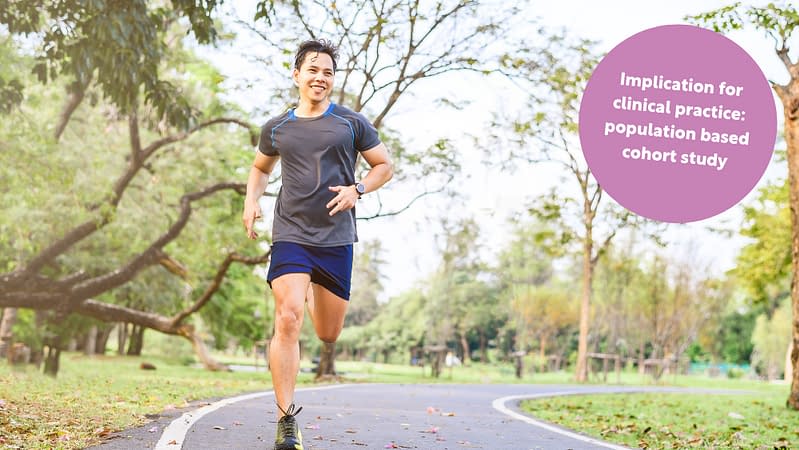Higher lean muscle mass is associated with reduced Alzheimer’s disease risk and increased cognitive performance.
Context
In addition to obesity, several different measures of body composition have been studied for their association with Alzheimer’s disease. Lean mass, a proxy for muscle mass defined as the difference between total mass and fat mass, has consistently been found to be reduced in patients with Alzheimer’s disease compared with carefully selected controls.
The aim of this study was to use mendelian randomisation to investigate the effect of genetically proxied lean mass on the risk of Alzheimer’s disease and the related phenotype of cognitive performance, which is causally related to the risk of Alzheimer’s disease.
Methods
- Genetic data from 450243 UK Biobank participants with impedance measures of lean mass and fat mass; an independent sample of 21982 patients with Alzheimer’s disease and 41944 controls without Alzheimer’s disease; a replication sample of 7329 patients with Alzheimer’s disease and 252879 controls; and 269867 individuals taking part in a genome wide association study of cognitive performance.
- The main outcome measure was the effect of genetically proxied lean mass on the risk of Alzheimer’s disease, and the related phenotype of cognitive performance.
Results
- An increase in genetically proxied appendicular lean mass of one standard deviation was associated with a 12% reduced risk of Alzheimer’s disease.
- Higher genetically proxied appendicular lean mass was also associated with increased cognitive performance.




